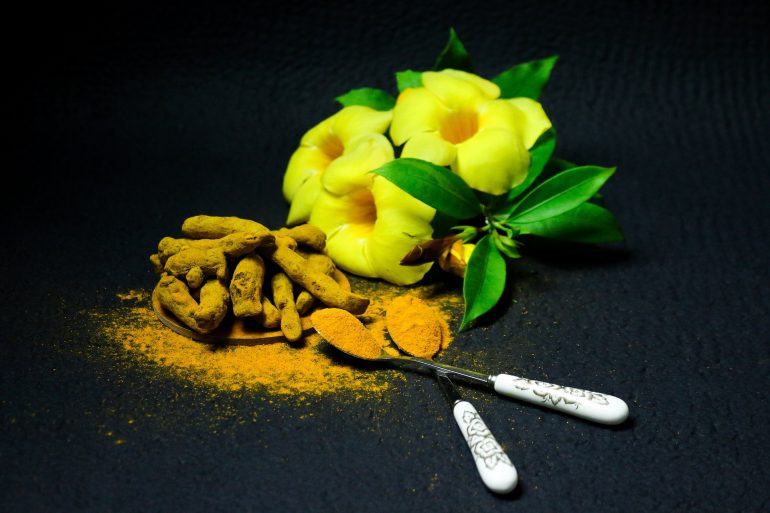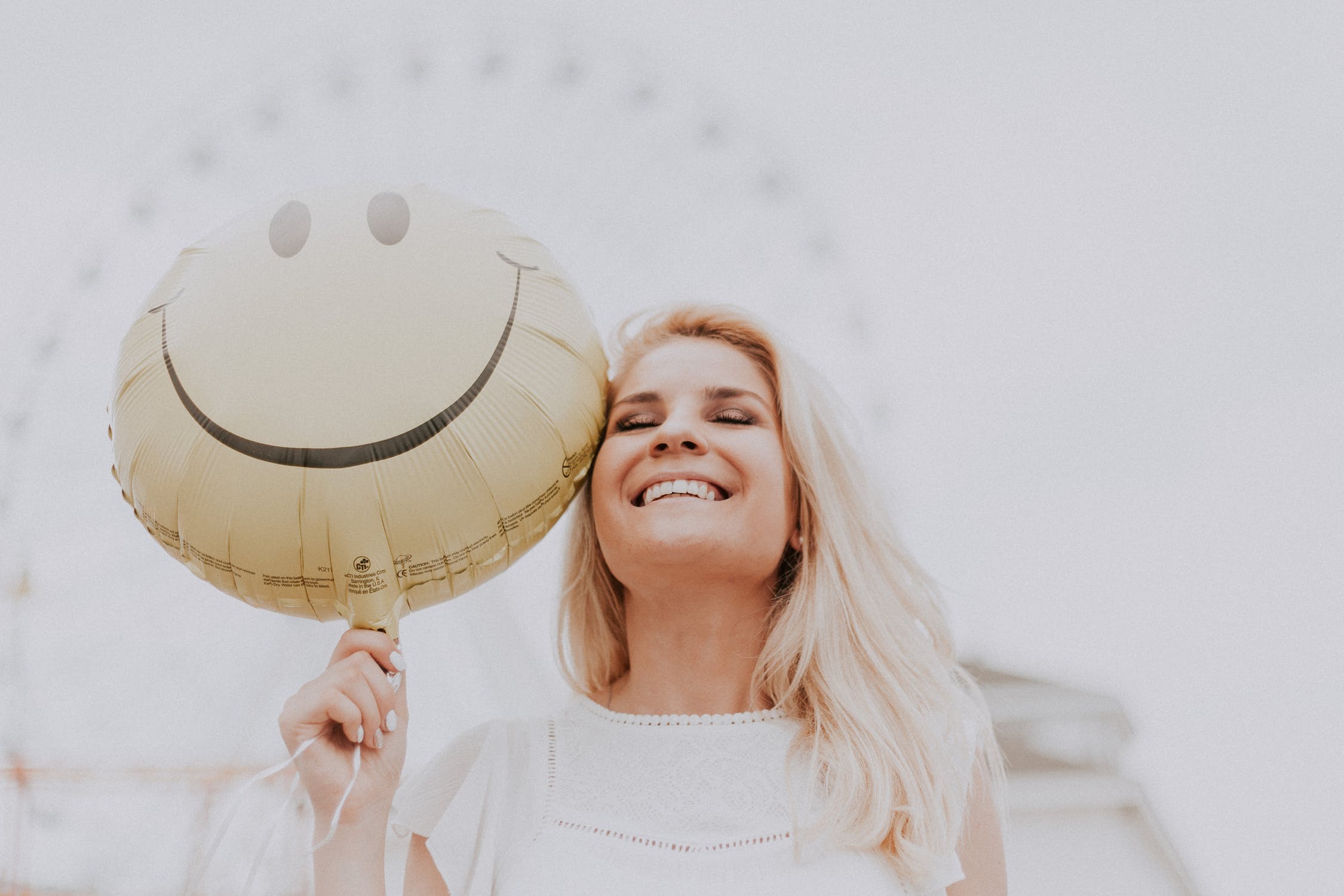Ayurveda can be described as: the simplest to apply and the most elaborate system of natural healing with millennia of history. Ayurveda is a whole-body medicine that originated in India and was discovered 6000 years ago. In Europe, Ayurveda is an alternative therapy based on a simple concept: health is due to the balance between mind and body. Each individual has a specific pattern of energy, unique from others, which must be protected in order to cope with illness. Alternative therapy supports the process of constantly improving health to cope with harmful factors – stress, anxiety, depression – that disturb the human energy balance.
Energy imbalance is a silent enemy and alternative therapies are our allies
Energy disorders are not labelled as a medical condition. However, stress, depression, lack of breaks or incorrect nutrition make our immune system vulnerable and predispose us to chronic diseases. Ayurveda successfully complements Western medicine, helping the body recover after medical intervention. Ayurveda can also be combined with additional alternative therapies such as massage.
Constantly performing sessions in Fujiiryoki electric massage chairs eliminates pain throughout the body, massages the skin, tendons, muscles, replacing discomfort with a general state of calm. Pranayama yoga is a style of yoga that focuses on the importance of the breath in calming the mind. Aromatherapy with oils or lavender bath salts calms the mind and alleviates dizziness or nausea. Body scanning meditation is a practice in which you ”access” each part of the body and thus experience the sensations of pain, tension, related to each area.
Diseases, a consequence of disruption of vital energies
Ayurvedic medicine is based on the concept that the individual is made up of the five elements of the universe: space, air, water, fire and earth. These five elements converge into three main categories of energy: Vata Dosha (space and air), Pitta Dosha (fire and water) and Kapha Dosha (water and earth). These energies work together, conditioning the body’s functioning and overall health. Humans possess a unique combination of these energies, but one of these elements has a greater impact on an individual’s personality and health.
- Vata Dosha is the most powerful element of the three, as it directs the most important functions of the body: breathing, blood circulation, heart functions and the respiratory system. People with Vata Dosha as their main energy are most prone to skin, heart or arthritis conditions;
- Pitta Dosha controls digestion, metabolism and appetite. Those who have this vital force as their preeminent energy are at risk of Crohn’s disease, cardiovascular disease or blood pressure problems;
- Kapha Dosha is the force that is ‘responsible’ for the health of the immune system, the muscular system and all that ‘directs’ body weight. Kapha Dosha as a representative element implies the need for a balanced lifestyle so as to keep the risk of certain diseases at bay: obesity, diabetes, cardiovascular problems or respiratory diseases.
How do you identify which life force is dominant?
Ayurvedic therapists compile a physical-emotional profile of a person, also taking into account their lifestyle. The therapy aims to detoxify the body through a practice called panchakarma. In order to accelerate the body’s cleansing process, the therapist may indicate the approach of alternative ancillary therapies aimed at balancing the doshas:
- Pranayama: breathing exercises to maintain a calm state of mind;
- Abhyanga: detoxification by massaging the skin with oils;
- Rasayana: meditation combined with mantra chanting and the use of special herbs to balance the spine;
Did you know that Ayurvedic herbs can be used to treat hypertension, Alzheimer’s disease, Parkinson’s disease, dementia, herpes, exhaustion, chronic fatigue, cancer or asthma?
Ayurvedic therapy is generally beneficial to anyone curious to try it. However, as with conventional treatments, prior medical consultation is recommended. In fact, Ayurveda does not fight disease. It should be stressed that alternative medicine is not a substitute for medication, therapy or surgery to prevent, treat or alleviate illness.





